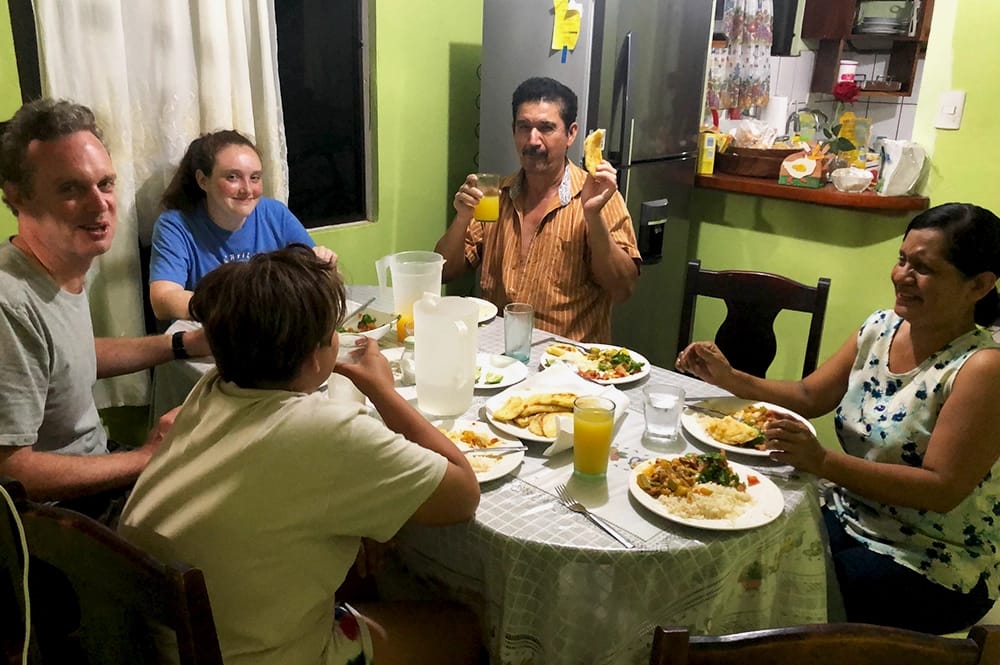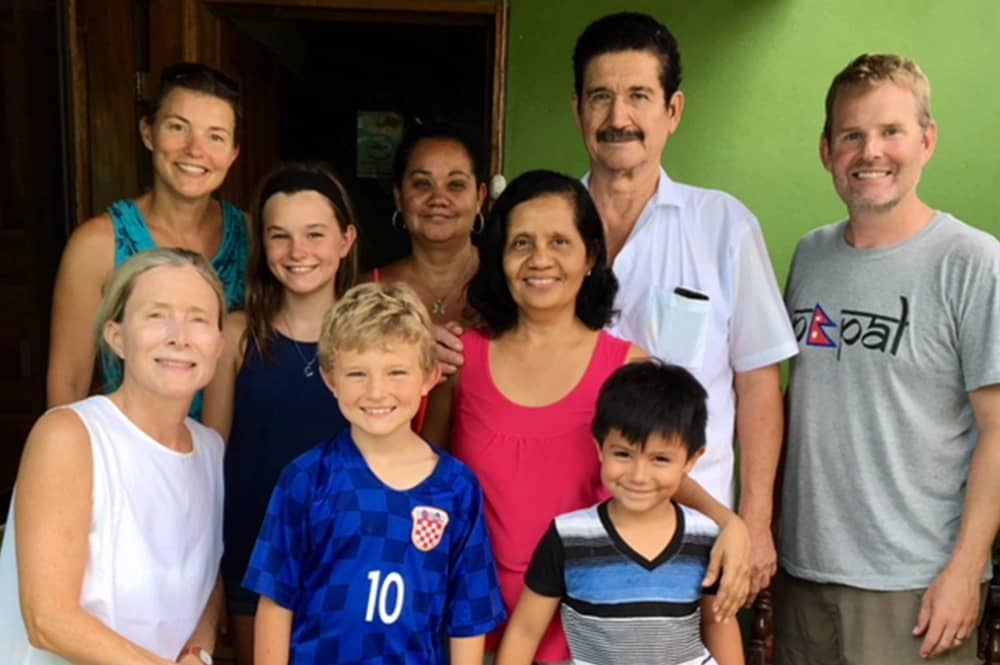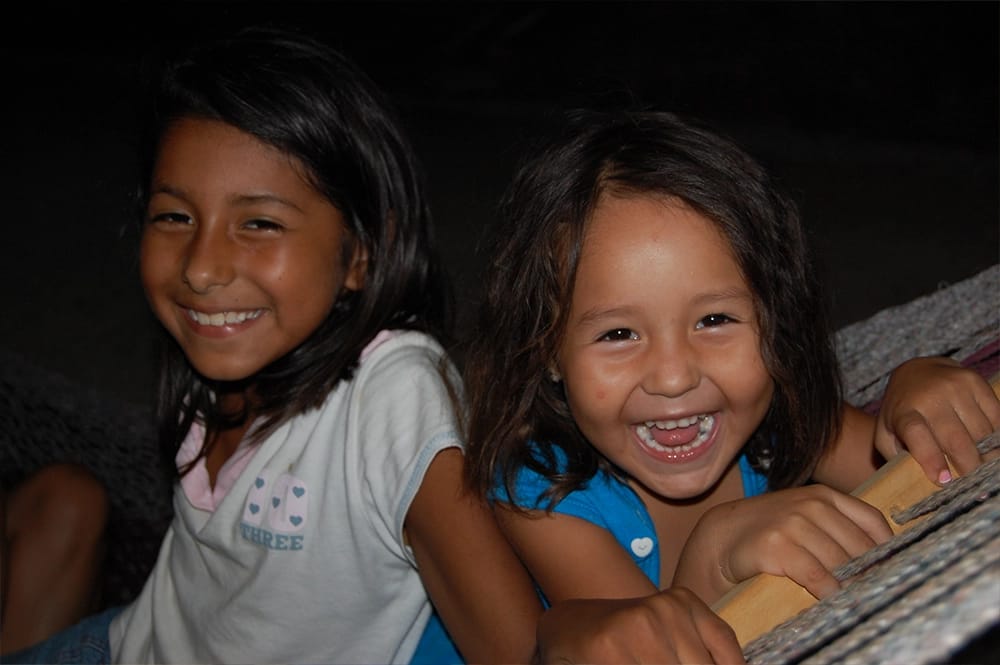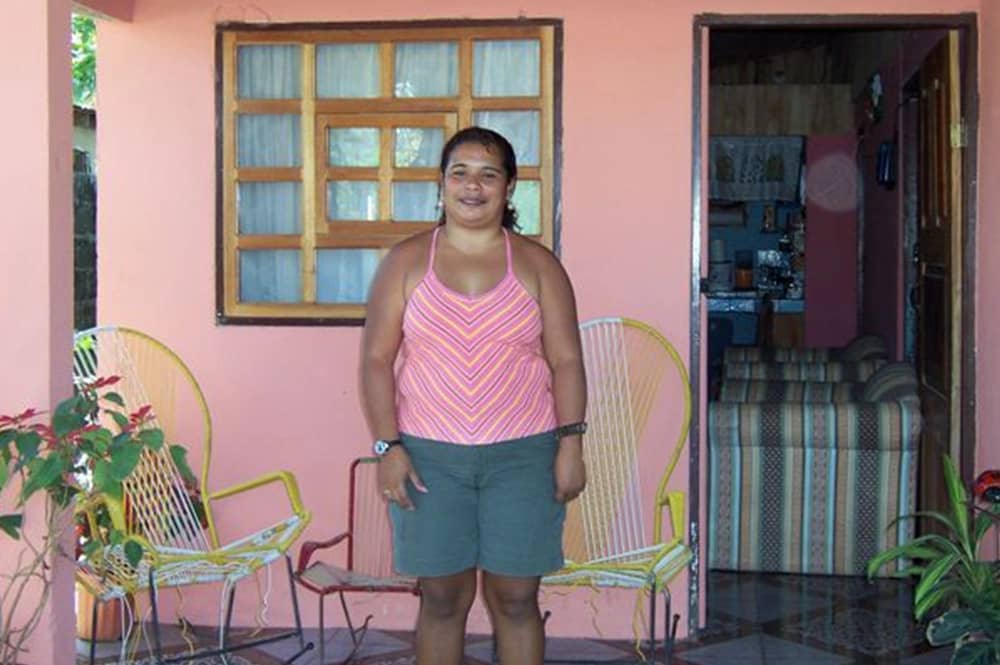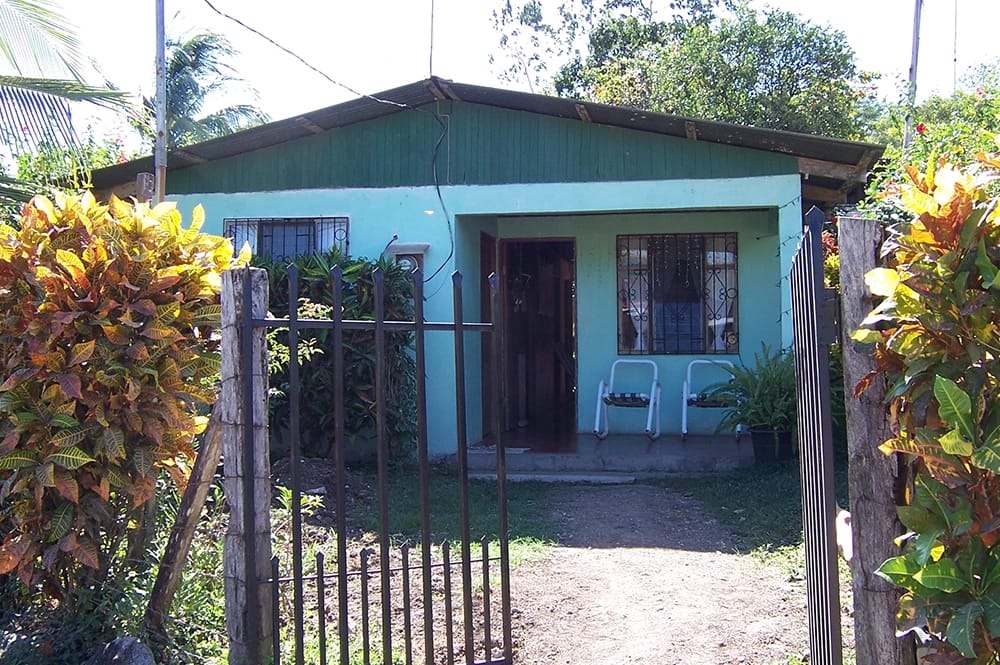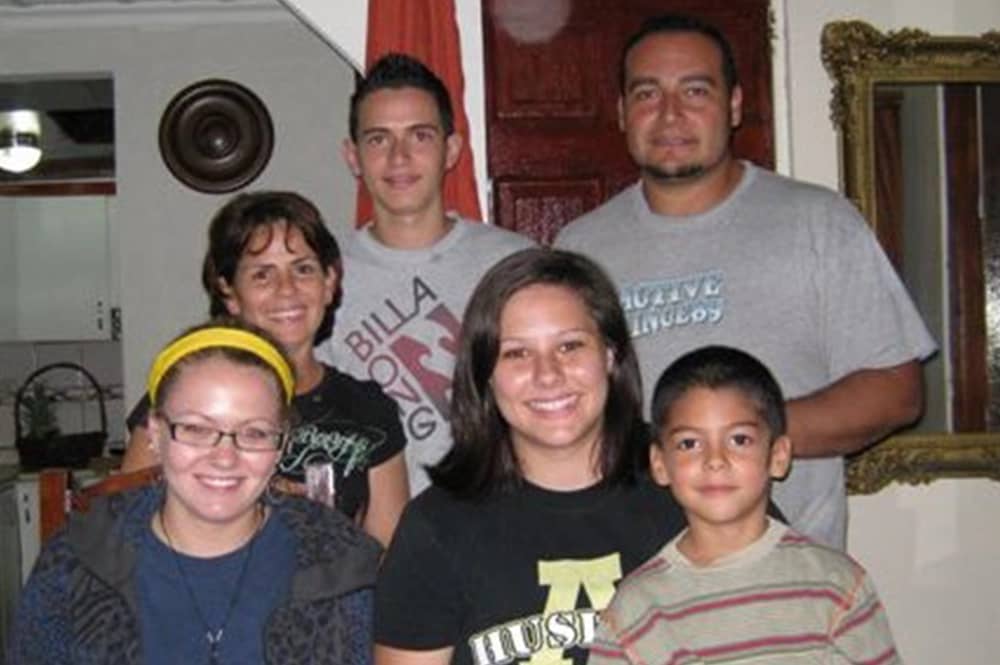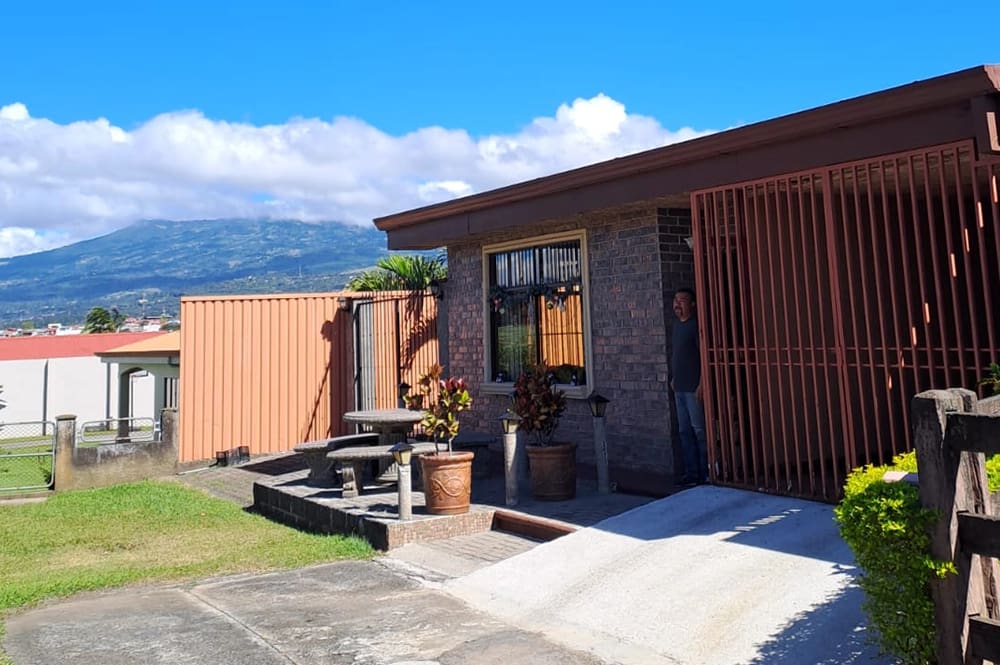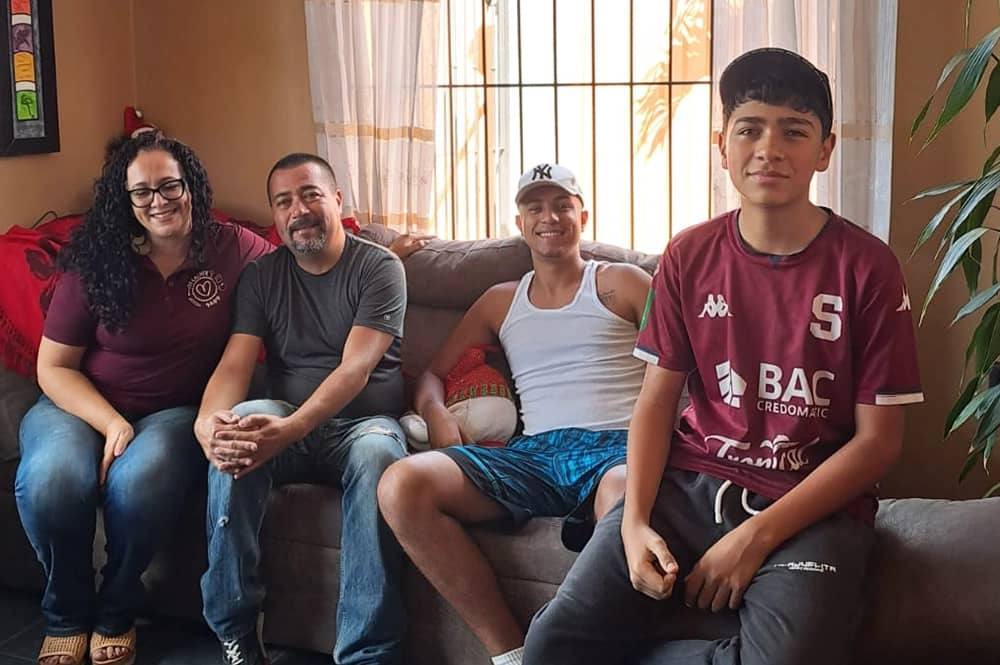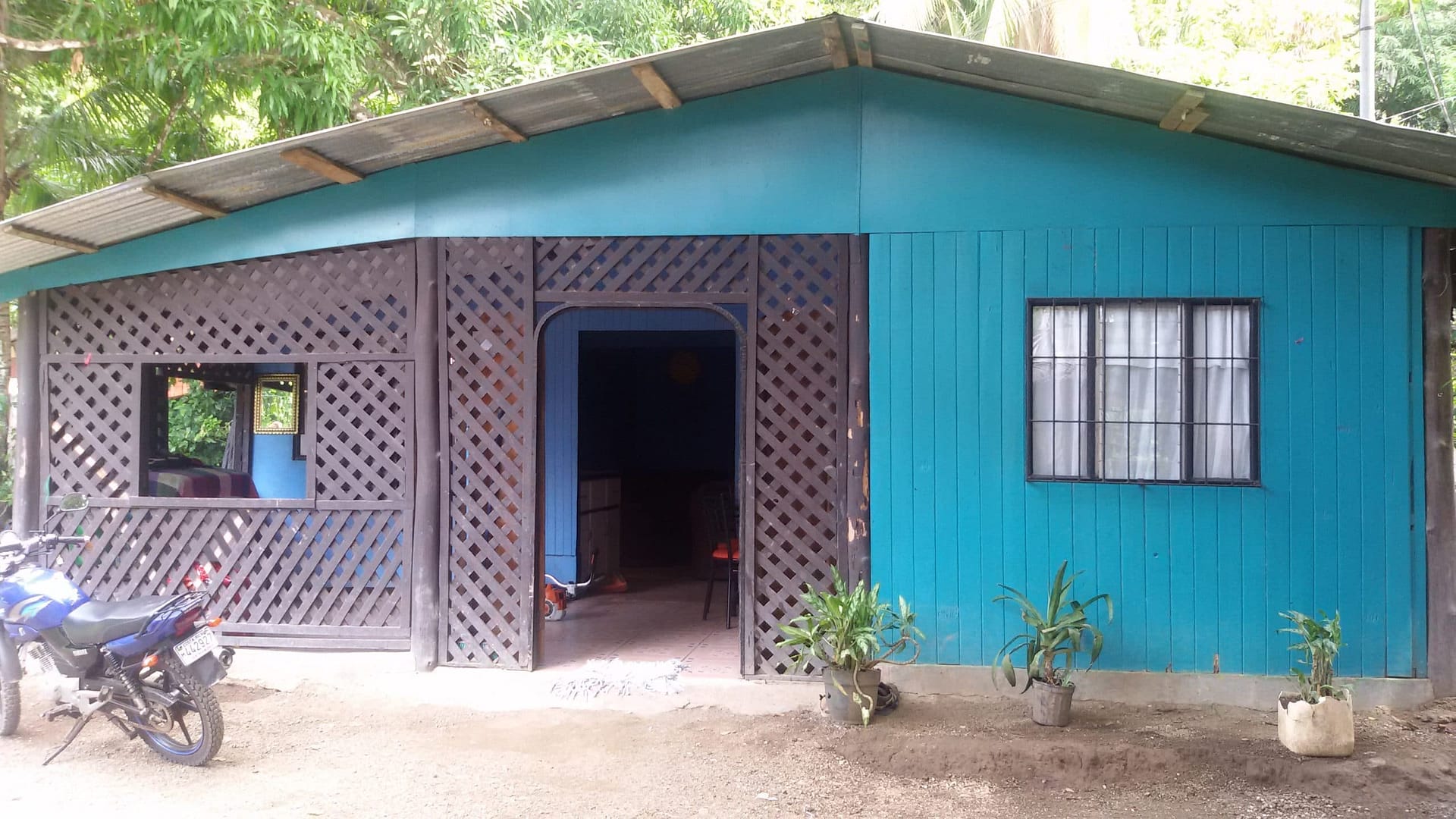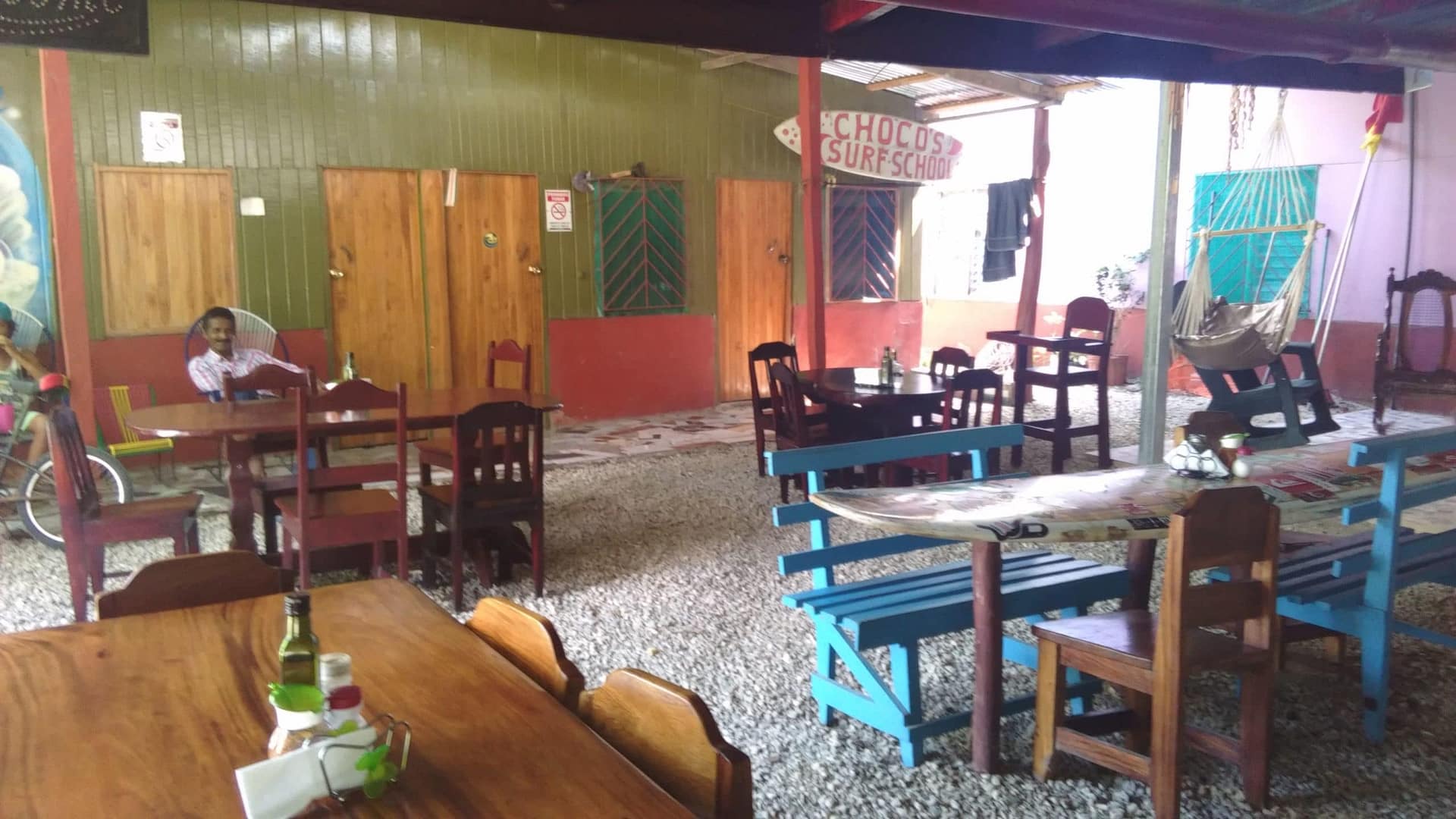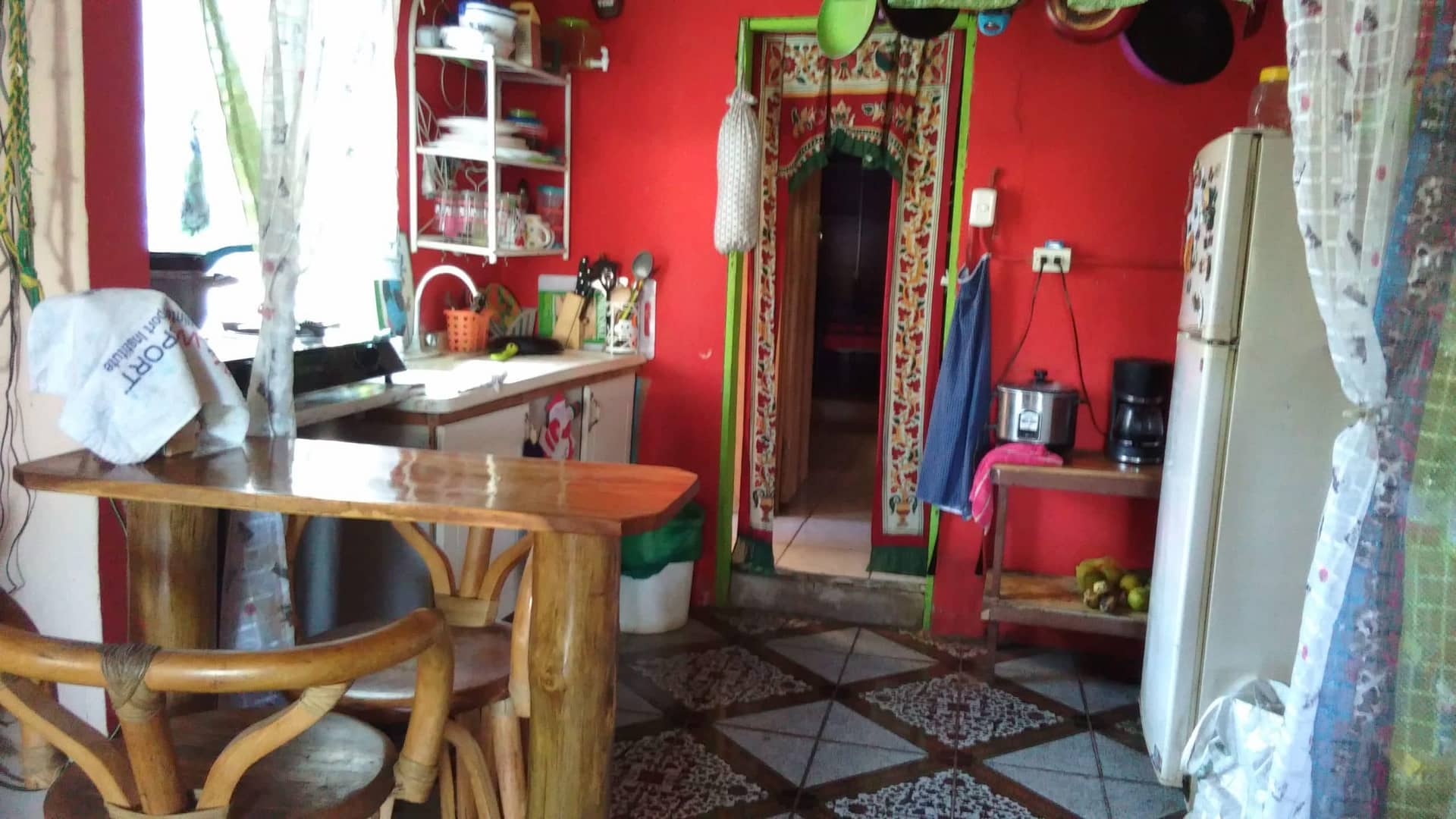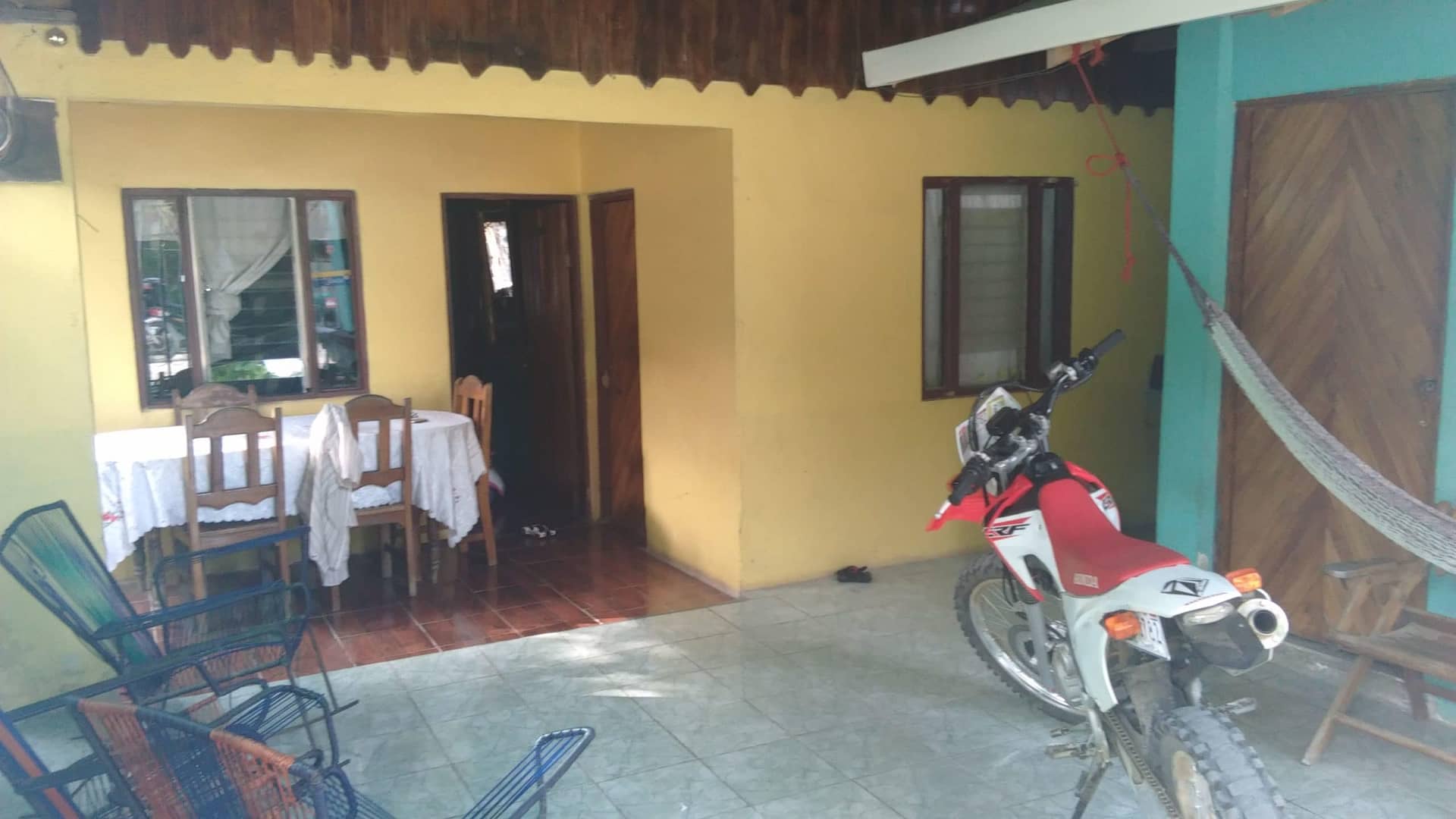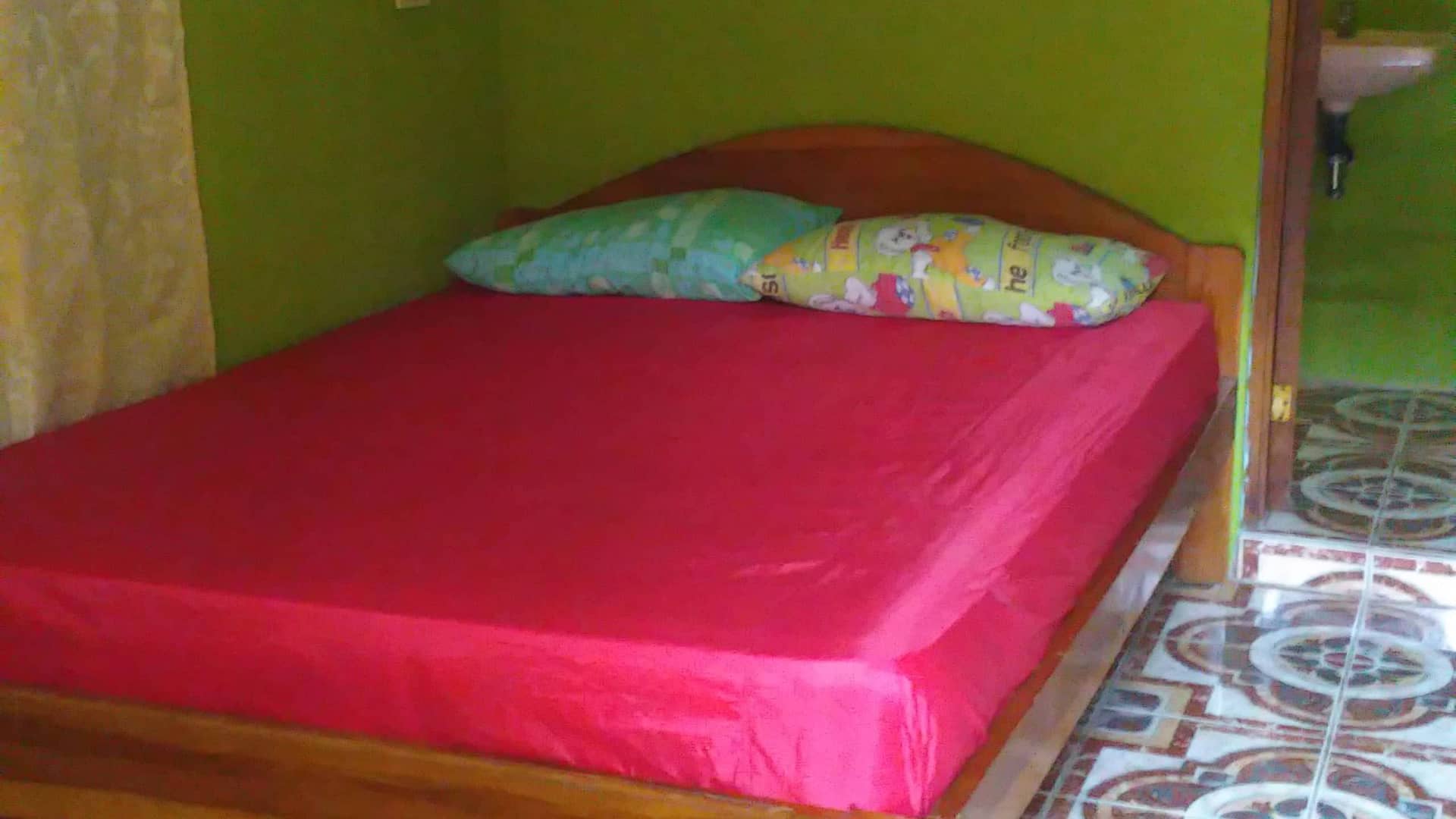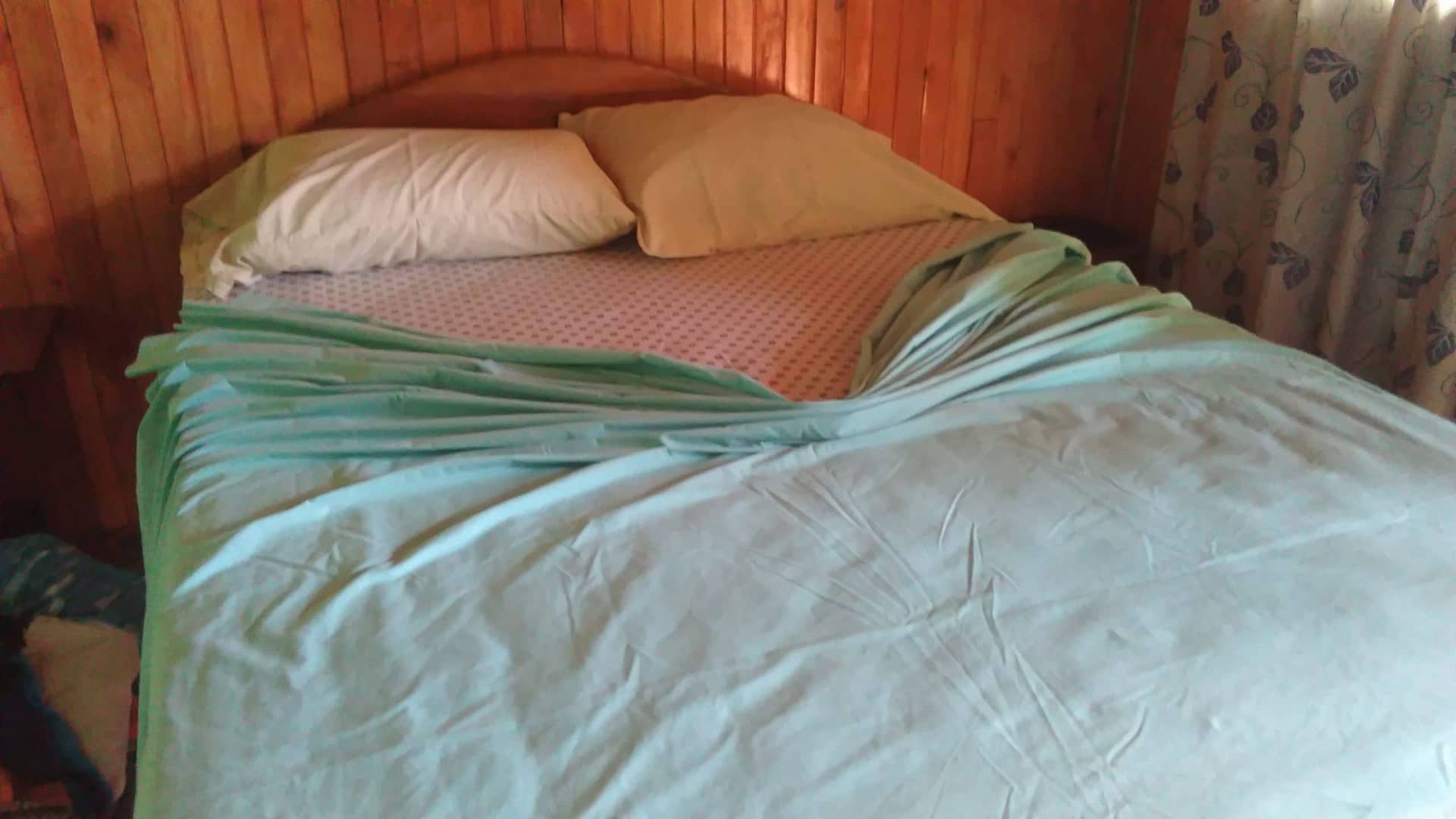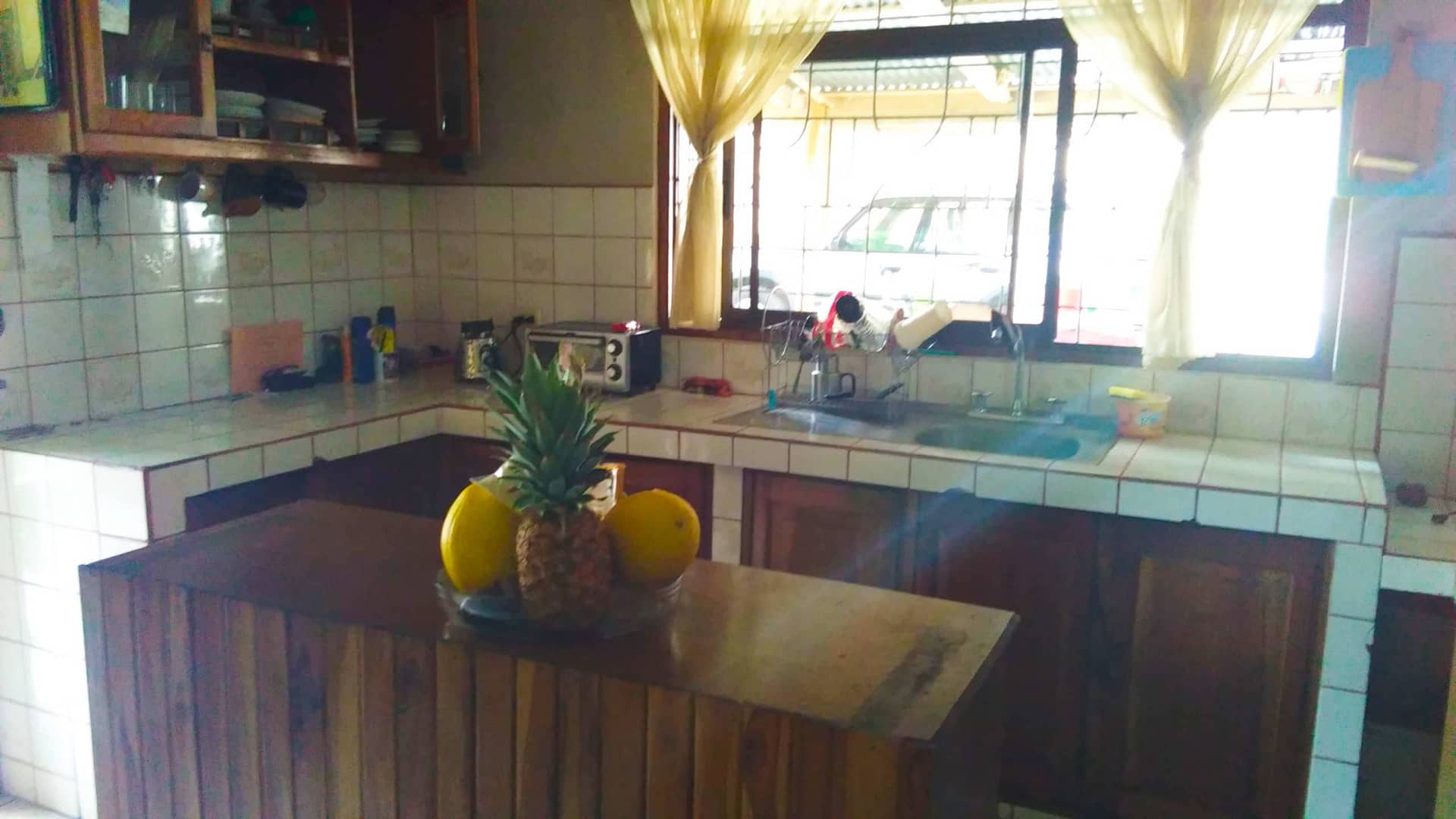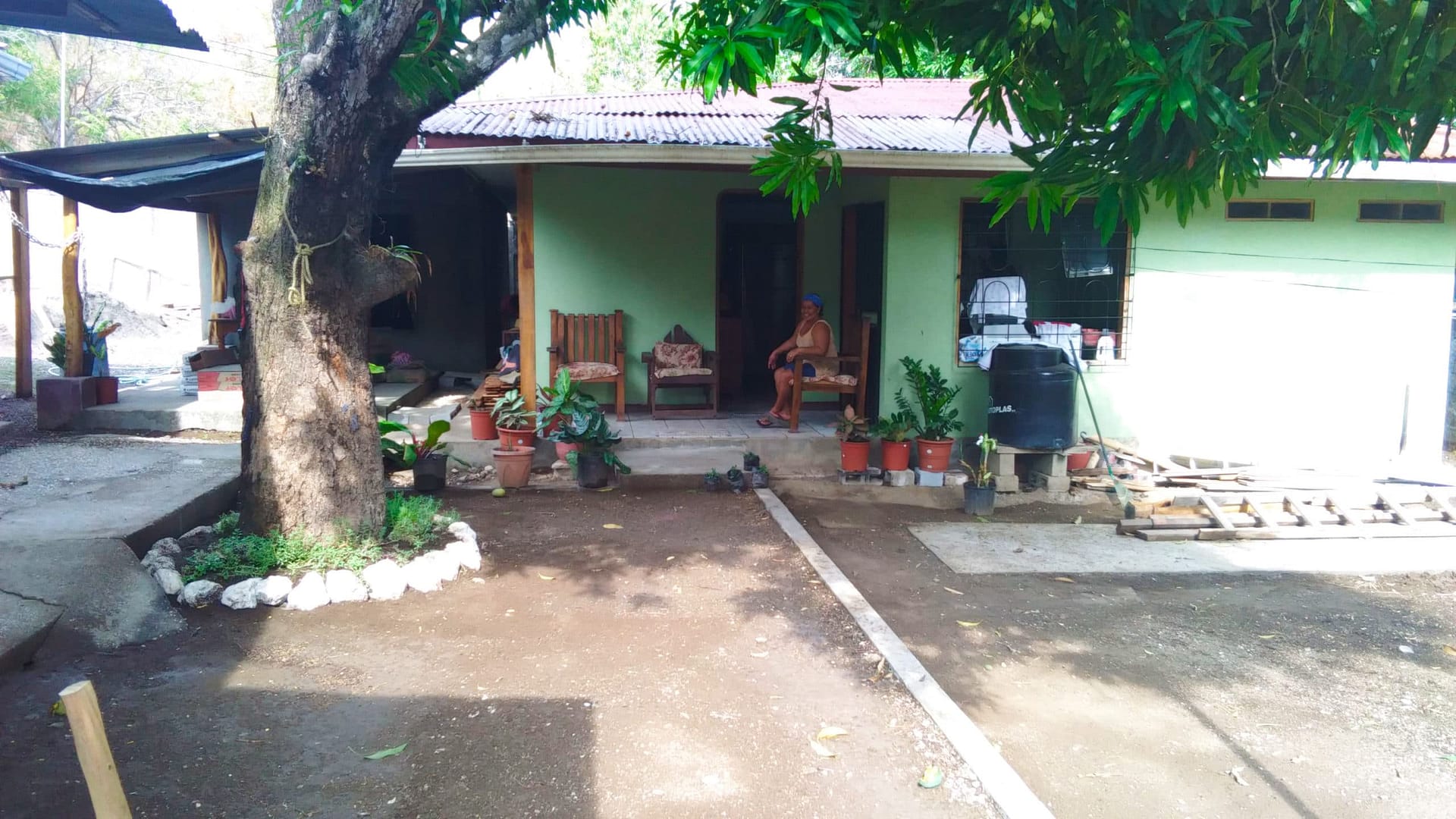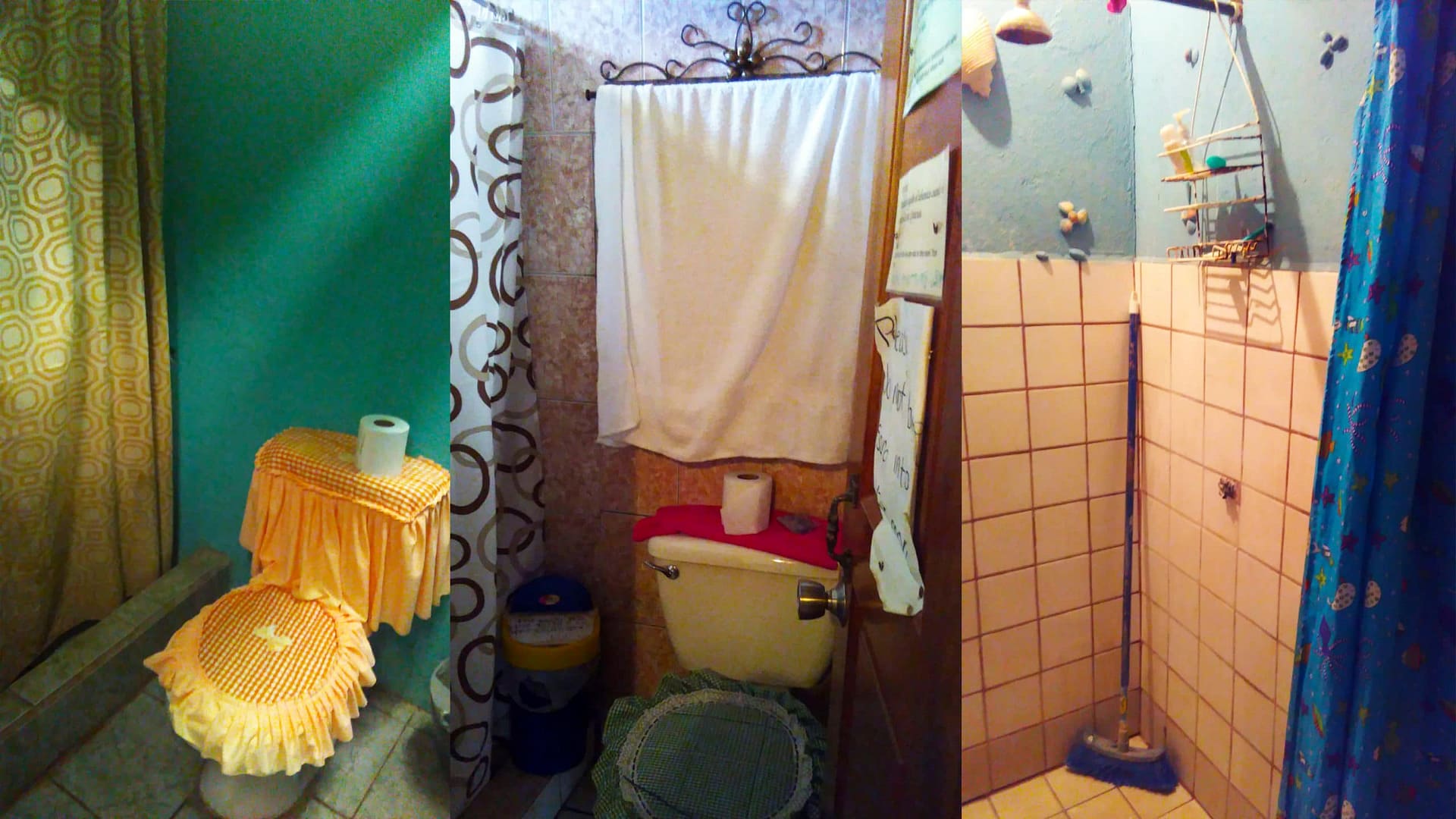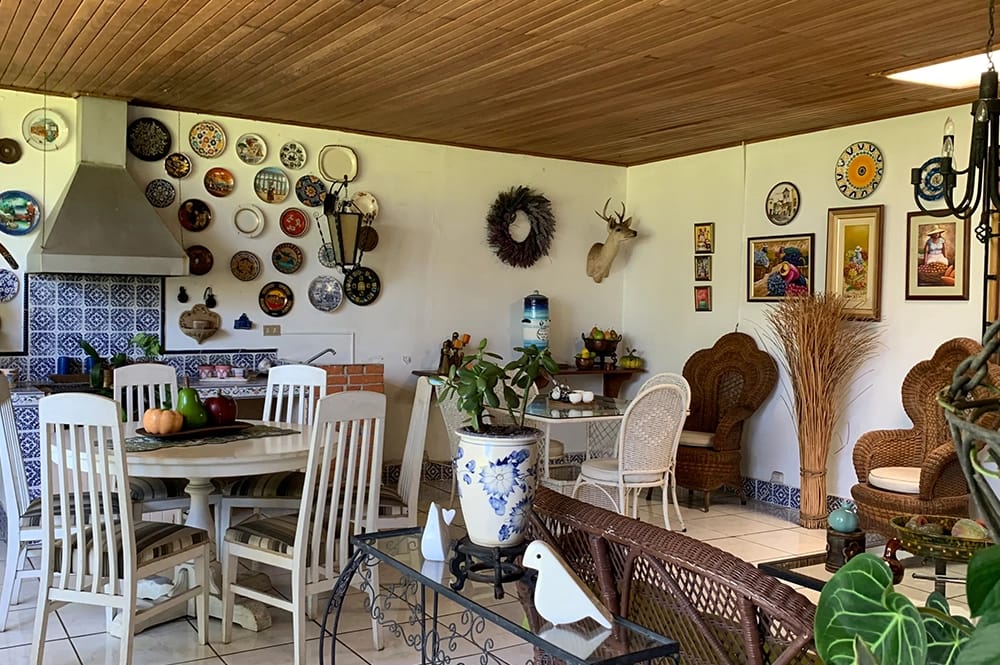HOST FAMILIES IN COSTA RICA
More than just a place to stay - connect with the community!
Homestays in Costa Rica provide an economical alternative to hotels, especially for single travelers. The most valuable aspect of the homestay experience is the opportunity to really get to know a Costa Rican family and experiencing first-hand the famous Costa Rican warmth and hospitality!
At Intercultura Costa Rica, we offer homestay lodging at both of our school campuses: Heredia and Sámara Beach.
Carefully chosen Costa Rican families
Within walking distance of school and town, from half a block to max. 1 mile (1.5 km)
Two meals, Wifi, and laundry service included
"I had a blast during my week in Costa Rica. One thing I miss dearly is my wonderful host family. My host mother was one of the most wonderful people I have ever met in my entire life. I miss her almost everyday. We had a very special friendship, and I’m hoping that it’s a bond I can keep forever. Muchas gracias. ¡Pura Vida!"
Riley Sheehan, New York, student from the ACIS Collins group
HOMESTAY LODGING PRICES
Private Rooms
Accounts
$205
/WEEK
Breakfast, dinner & laundry service
$30
ADDT'L NIGHT PP
Breakfast, dinner & laundry service
HOMESTAY HOUSES IN COSTA RICA
Keep an open mind if you decide on staying with a local family
The standard of living and the culture are just different, especially when it comes to the more rural areas! If you choose our Samara Beach Campus, you will see houses in a rustic and simple style. Moreover, as in any tropical climate, you will see more bugs than you are used to. If you choose our Heredia City Campus, standards are more similar to what you may be used to back home, with some notable exceptions (thermal shower heaters, for example!).
Remember that true cultural experiences often require sacrificing certain material comforts, but can also broaden your horizons in ways you may never have imagined.
QUESTIONS ABOUT HOMESTAY LODGING?
WHAT YOU ALSO SHOULD KNOW ABOUT OUR HOST FAMILIES
Host families can come in various forms beyond the traditional nuclear family structure. Our homestays can include: parents with children, single moms with kids, couples without children, a single woman, a single woman with a relative or friend, or even extended families with up to three generations living at the house. The most important aspect is the welcoming and supportive environment the host “mother” provides for students staying with them. Each family brings its own unique dynamics and experiences to the hosting experience.
As children grow up and move out of the house, it can create extra space that the host family may choose to use for hosting students. This arrangement not only benefits the students by providing them with a welcoming environment but also allows the host family to continue engaging with students and contributing to their cultural exchange and education. It's a great way to make use of available space and maintain a dynamic and active household.
FAQs ABOUT HOMESTAY LODGING
What most students wonder about...
Can I stay longer at my homestay than I actually booked?
Our homestay families are paid from Sunday to Sunday, regardless of whether the student leaves before Sunday. Therefore, if a student returns early to a family in Heredia they will need to pay for an additional homestay night in Heredia. Students in homestays may also stay in Sámara until Sunday and take the public bus back to San Jose/Heredia at 9:00am or 1:00 pm. Students may add up to a maximum of 4 additional nights with their host family. After 4 nights, the full week rate will be charged and paid to the family.
How are homestay families chosen and evaluated?
All our host families first pass a written application process, followed by a family and home inspection visit conducted by our school admin staff. They are evaluated on a list of requirements for the physical facilities and the family profile, and, if they pass, they are admitted into the program on a trial basis. Once in the homestay program, families are evaluated weekly by students and must maintain an 90% average "grade" in order to keep their active status. The school also holds periodic professional development workshops for staff and families, focusing on areas for improvement in the homestay program, with the goal of maintaining an average grade amongst all families of 95%. All of our families have been with us for many years, and all are local, well-known and respected members of the community. We are well acquainted with each family’s personal history and therefore able to vouch for them and their suitability for participation in the program.
Are there vegetarian or vegan homestays in Costa Rica?
Students often write us to ask whether they can be vegetarian and still stay with a Costa Rican homestay. After all, Latin America is not known for its vegetarian sensibilities, and, they wonder, how can they avoid offending their host mother if they don’t eat meat?
It is a good question! A decade or two ago, families simply didn’t get the concept, and we had to tell them that students were allergic to meat, in order for them not to insist on serving it. Nowadays, however, things have changed. Many Costa Ricans are vegetarian. Thus, there are vegan and vegetarian restaurants in both Heredia and Sámara, and best of all, homestay mothers have gotten behind the concept!
If you are a vegetarian, the family can accommodate a basic vegetarian diet (rice, beans, vegetables, fruit, eggs, pasta, etc). However, if you are vegan, gluten intolerant, celiac, eat only organic foods or have any other special food needs, you should expect to buy whatever additional food you require, as the family budget only allows for standard meal preparation.
Why does it cost the same for children as for adults?
Typically, host families dedicate more time to caring for a child than for an adult guest, as food needs, sleep requirements, scheduling and daytime presence often necessitate a higher investment of energy and resources on the homestay family’s behalf. For this reason we consider it fair to pay them the same fee as that which they receive for their adult guests. For larger families travelling together, it may be more economical to book a vacation rental through:
www.Airbnb.com www.tripadvisor.com www.vrbo.com www.homeaway.com
Where does the homestay money go?
We are happy to answer this question, as we are proud of our ethical business practices.
From 100% of your payment:
- 87% goes directly to the homestay family.
- 8% goes to agencies, banks and credit card processors.
- 5% remains with the Spanish school to cover administrative overhead, salaries, family supervision, training & activities.
This effectively makes our homestay program a non-profit branch of the school
...in accordance with our philosophy of creating ethical economic programs that give back to the communities that host us. By keeping our margins significantly smaller than the industry average we ensure fair treatment for our families. By your participation in the immersion program, you will not only learn about the culture and practice the language, but you will also directly help your host families with the upkeep of their houses (purchasing furniture, paying rent, repairs, etc.). You also help them with supporting their family members (education, medication, food etc.). For mothers with young children, this is a particularly important program. It allows them to stay home with their children instead of having to leave them with care-givers.
Thank you for being a part of this important experience and for helping give back to our community.
What happens if I decide I don’t want to stay with my host family once I’ve already started?
It is not uncommon for students to have some initial culture shock from being in a new country, living with a new family and speaking a different language. However, most find that if they stick it out for the first two or three days, things suddenly get easier and they no longer feel awkward or uncomfortable at the home. As with any new situation, there is an adjustment period, so don’t worry if the first couple days are difficult, just be patient, do your best to participate in family life, and it will get better!
If for some reason you still feel after a few days that you are incompatible with your homestay, you may request a re-assignation to a different family or to the student shared dorms (space permitting), for a small change fee. Or, if the family is at fault, you will be changed at no cost, excepting any room upgrade requests.
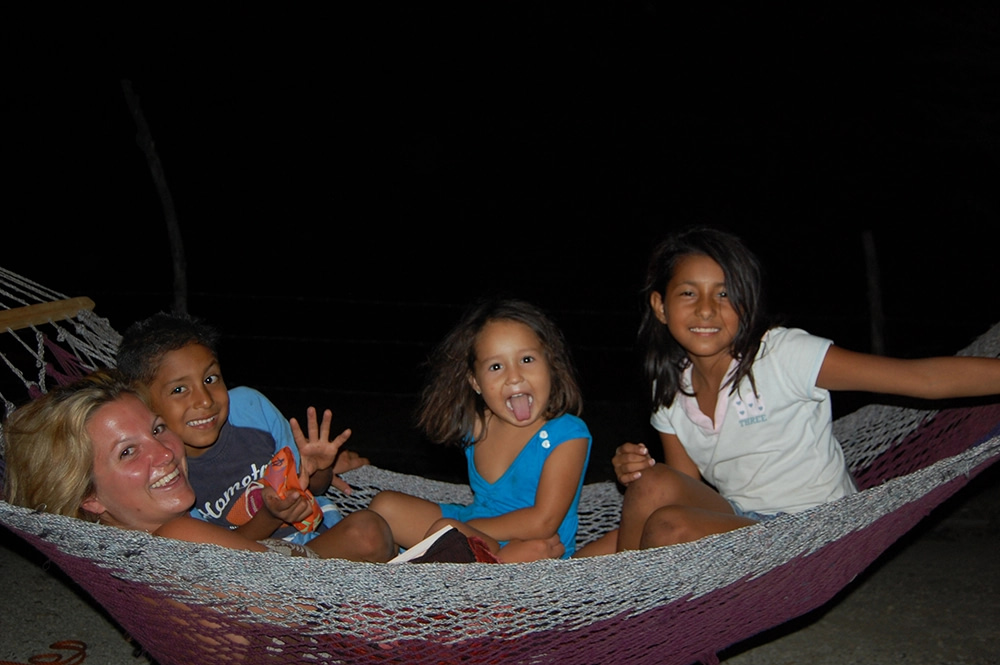
Find out more about the benefits of staying with a local family, and why it's suitable for all ages of Spanish students.

